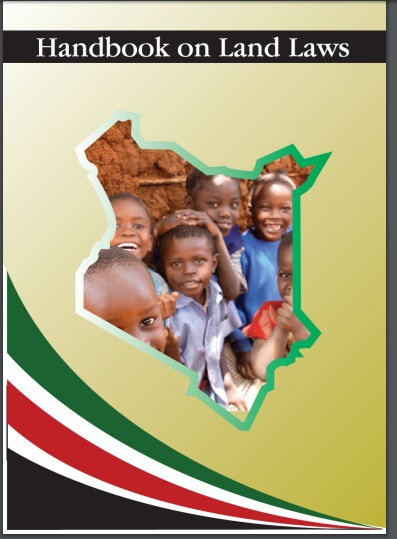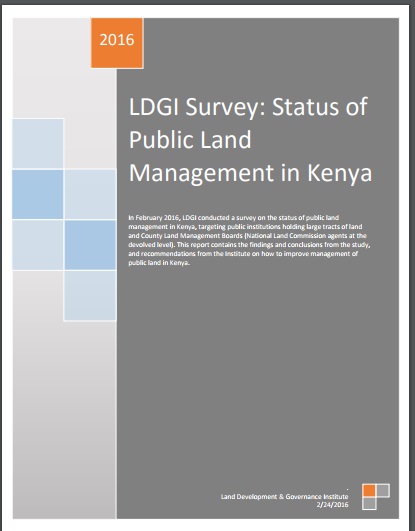Global Overview 2012: People internally displaced by conflict and violence
The total number of people internally displaced by armed conflict, generalised violence and human rights violations worldwide as of the end of 2012 was estimated to be 28.8 million. This represents an increase of 2.4 million on the previous year, and is the highest figure IDMC has ever recorded. Around 6.5 million people were newly displaced, almost twice as many as the 3.5 million during 2011.












